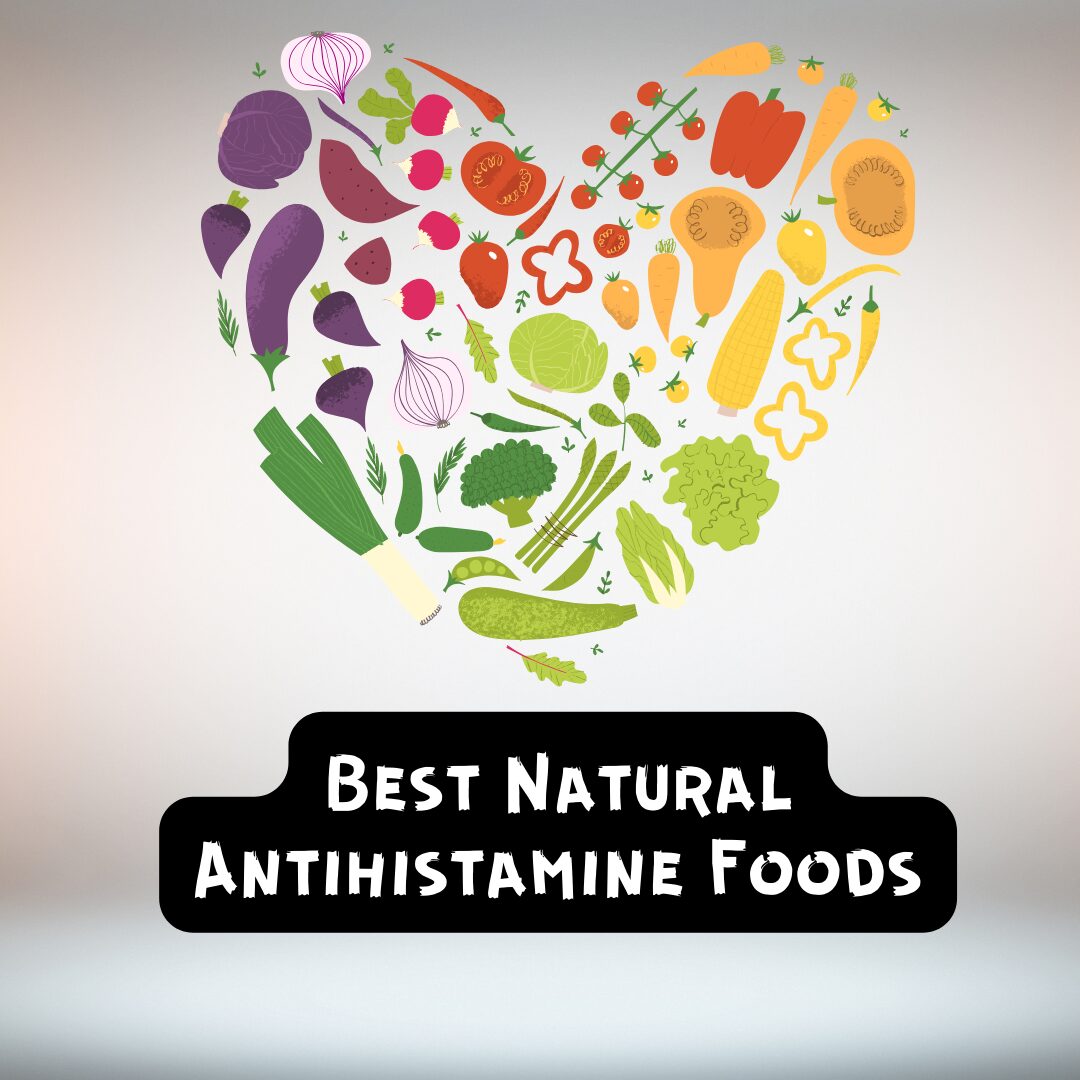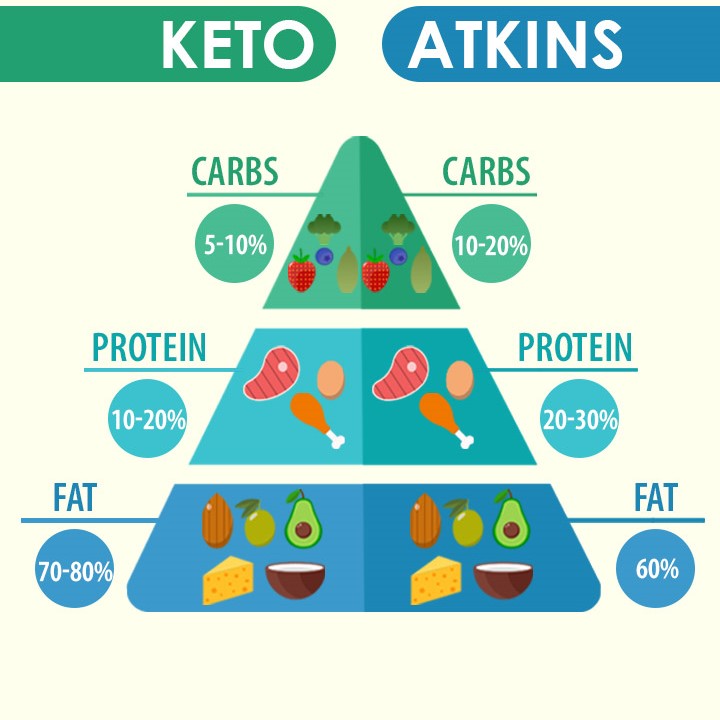Best Natural Antihistamine Foods:-Antihistamines are substances that help alleviate allergy symptoms by blocking histamine receptors in the body. While medications are commonly used, natural antihistamine foods offer a holistic approach to managing allergies and boosting overall immune health. This article explores a variety of natural antihistamine foods, their benefits, and answers frequently asked questions (FAQs) related to incorporating them into your diet.
Understanding Histamine and Allergies
Histamine is a chemical released by the immune system in response to allergens, triggering symptoms such as sneezing, itching, and congestion. Antihistamines, both natural and synthetic, help counteract these effects by reducing histamine levels or blocking its action in the body.
Benefits of Natural Antihistamine Foods
Natural antihistamine foods not only help alleviate allergy symptoms but also contribute to overall health and well-being. They are rich in vitamins, minerals, and antioxidants that support immune function and reduce inflammation.
Best Natural Antihistamine Foods
1. Citrus Fruits
- Antihistamine Properties: Rich in vitamin C, which acts as a natural antihistamine and supports immune health.
- Examples: Oranges, lemons, grapefruits.
2. Quercetin-Rich Foods
- Antihistamine Properties: Quercetin is a flavonoid that stabilizes mast cells and reduces histamine release.
- Examples: Onions, apples, berries, broccoli.
3. Omega-3 Fatty Acids
- Antihistamine Properties: Reduce inflammation and allergic reactions.
- Sources: Fatty fish (salmon, mackerel), flaxseeds, walnuts.
4. Turmeric
- Antihistamine Properties: Contains curcumin, which has anti-inflammatory and antihistamine effects.
- Usage: Use fresh or powdered turmeric in cooking or make turmeric tea.
5. Ginger
- Antihistamine Properties: Helps reduce inflammation and may alleviate allergy symptoms.
- Usage: Add fresh ginger to smoothies, teas, or stir-fries.
6. Green Tea
- Antihistamine Properties: Contains catechins that help suppress histamine production.
- Usage: Drink green tea regularly for its antioxidant and anti-allergic benefits.
7. Honey
- Antihistamine Properties: Local honey may help desensitize the body to pollen allergens.
- Usage: Add to tea or consume small amounts daily.
8. Pineapple
- Antihistamine Properties: Contains bromelain, an enzyme with anti-inflammatory and antihistamine effects.
- Usage: Eat fresh pineapple or drink natural pineapple juice.
Incorporating Natural Antihistamine Foods into Your Diet
- Smoothies: Blend citrus fruits, berries, and spinach with ginger and turmeric for a refreshing allergy-fighting drink.
- Salads: Add quercetin-rich foods like onions, apples, and kale to your salads for a nutritious boost.
- Main Dishes: Cook with omega-3-rich ingredients such as salmon or sprinkle flaxseeds on yogurt or oatmeal for breakfast.
FAQs About Natural Antihistamine Foods
Q1. Can natural antihistamine foods replace allergy medications?
- A1. Natural antihistamine foods can complement allergy medications and may reduce reliance on them for mild symptoms. Consult a healthcare provider for personalized advice.
Q2. Are there any side effects of consuming natural antihistamine foods?
- A2. Generally, natural antihistamine foods are safe when consumed as part of a balanced diet. Some individuals may have allergies or sensitivities to certain foods, so it’s essential to be mindful of personal reactions.
Q3. How long does it take for natural antihistamine foods to show effects?
- A3. Effects may vary, but regular consumption of these foods as part of a healthy diet can support immune health and potentially reduce allergy symptoms over time.
Q4. Can children benefit from consuming natural antihistamine foods?
- A4. Yes, children can benefit from a diet rich in natural antihistamine foods. Ensure age-appropriate portions and consult a pediatrician for personalized guidance.
Q5. Are there specific diets or meal plans that incorporate natural antihistamine foods?
- A5. Various diets, such as Mediterranean or anti-inflammatory diets, emphasize foods that naturally combat inflammation and allergies, making them suitable for incorporating natural antihistamine foods.
Conclusion
Natural antihistamine foods offer a valuable approach to managing allergies and promoting overall health. By including these nutrient-rich foods in your diet regularly, you can support your immune system, reduce inflammation, and potentially alleviate allergy symptoms. Remember to consult with a healthcare professional for personalized advice on managing allergies and incorporating natural antihistamine foods into your lifestyle.











